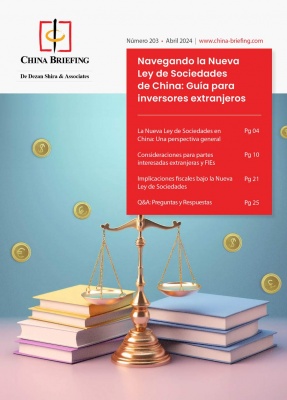Shanghai to Begin RMB Settlement Trials
SHANGHAI, Jan. 24 – The local government said it is likely to participate in the second batch of yuan-settlement trials to deal with export slowdown and the instability of the U.S. dollar.
Last December, the State Council announced it would use the Chinese currency yuan to settle trade payments in Guangdong province, the Yangtze River Delta and the special administrative regions of Hong Kong and Macau.
The decision will try to make the yuan a viable international currency.”We worked on the proposal for the pilot program with related departments which would be submitted to the local government and the State Council for approval,” Zhao Kangmei, vice-chairman of Shanghai Municipal Commission of Commerce (SMCC) told China Daily.
The move is seen as vital now that Shanghai’s exporters have been suffering from shrinking overseas trade opportunities. Exchange rate changes in the market have been cutting into the profits of Chinese exporters. A move towards yuan-settlement should help buffer the currency risks.
Moreover, starting this year, the Guangxi Zhuang autonomous region and Yunnan province will also be allowed to use the yuan for transactions with members countries of the Association of Southeast Asian Nations (ASEAN).
Zhao added: “During the financial turmoil, some large engineering contract projects have suffered huge losses when being paid in U.S. dollars, which have become more volatile amid the economic meltdown. Hence, companies are strongly clamoring to introduce Chinese currency for trade settlement.”
The Shanghai government is looking at making the yuan the currency of choice for large project settlements for ASEAN, Hong Kong, Macau, and Russia. To begin with, 18 local companies in the city will participate in the trial settlements.
Sha Hailin, chairman of SMCC, told China Daily that the growth rate of the import and export volumes of foreign-owned companies in Shanghai are forecast to plunge 30 and 40 percent respectively for January.
- Previous Article China Industry Report: Jan 24
- Next Article Xin Nian Hao from China Briefing
























